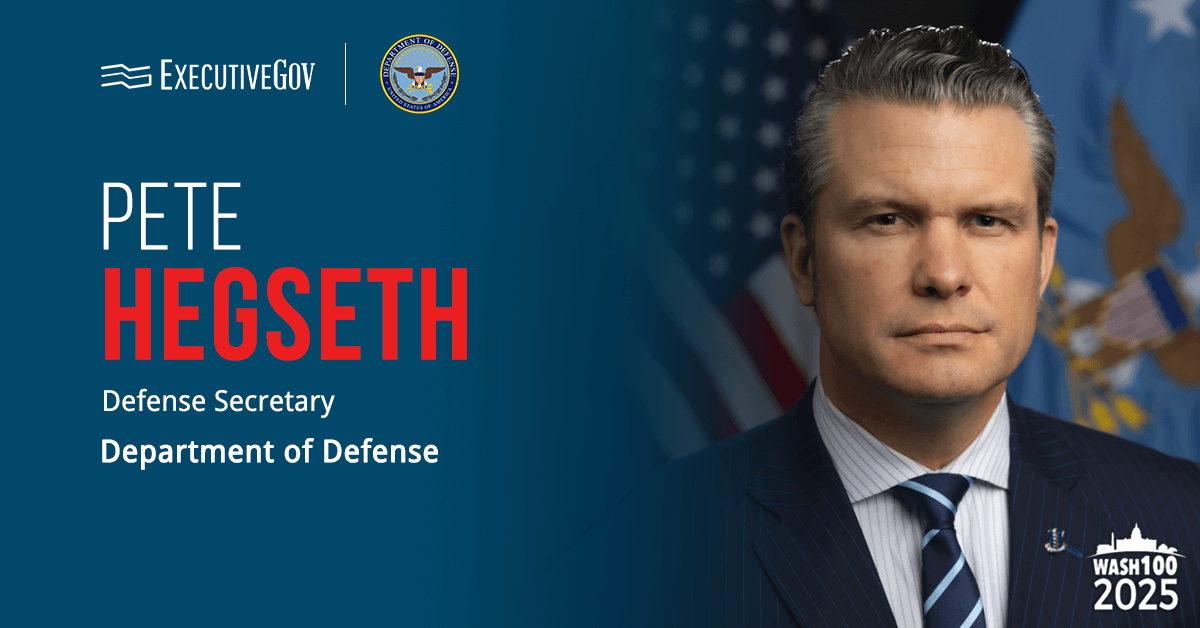Pete Hegseth, secretary of the Department of Defense and a 2025 Wash100 awardee, has released a memorandum establishing policies to leverage in-house capabilities to streamline operations and foster fiscal responsibility.
“While we rely on our vital industrial base to deliver cutting-edge technology and support, we must in-source more expertise and harness the unparalleled talent of our existing experts to drive financial efficiency and operational strength,” Hegseth wrote in the memo dated Tuesday.
The latest directive complies with an executive order aimed at implementing the president’s Department of Government Efficiency cost-efficiency initiatives.
In the memo, Hegseth stated that DOD components “may not execute new IT consulting or management services contracts or task orders with integrators or consultants … without first justifying that no element of the contracted effort can be” carried out by existing DOD personnel or agencies or acquired from the direct service provider.
Table of Contents
Obtaining Deputy Defense Secretary’s Approval
For components seeking to execute a new IT consulting contract with a consultant or integrator, Hegseth requires them to seek approval from the deputy secretary of defense by submitting a cost-benefit analysis, evidence of assessment of alternatives and justification that the services to be covered by the contract cannot be sourced within DOD or procured from a direct service provider. Such justifications should be submitted at least 30 days prior to contract execution.
The memo directs the under secretary of defense for acquisition and sustainment to track compliance.
DOD Policy on Advisory & Assistance Services Contracts
The memo also precludes DOD components from executing new contracts or task orders for consulting, advising and other professional services without prior review and approval by the deputy DOD secretary.
This includes services providing recommendations, expert advice, analyses, strategic planning, organizational assessments, policy development, technical expertise or operational decision-making.
“Components that receive approval to execute consulting, advisory, or assistance service contracts stand to lose funding for in-house personnel with overlapping expertise of said contracts,” the secretary stated in the memo.
Maximizing Employee Utilization for Broad Functions
The policy also directs DOD components to optimize the utilization of the department’s employees for “broad functions” when such functions are being conducted by a combination of DOD and contractor employees.
Broad functions include IT, analytical research, human resources, administrative support, reporting, compliance, and training and education.





